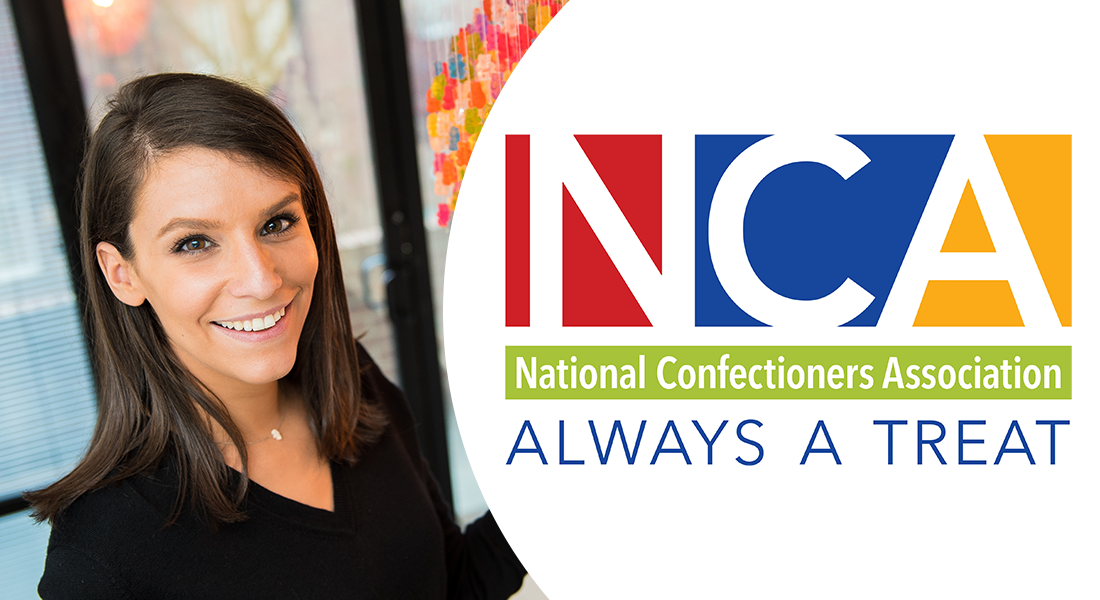When most people think of product recalls, they remember the highly-publicized incidents of food contaminated with pathogens, such as Listeria and E. coli. While this food safety issue represents a significant threat to public health, food contamination is not the only reason that products are recalled.
Labelling errors on food packaging have become a major problem in recent years, with both the United States Department of Agriculture (USDA) and the Food and Drug Administration (FDA) issuing recalls due to the presence of undeclared allergens. In 2016, the FDA reported that 174 products were recalled due to the presence of undeclared allergens, including nuts, eggs, milk and wheat.
So what are the reasons behind the continued problem of undeclared allergens? According to Erik Phillips, US Director of Sales & Business Development, AutoCoding Systems, coding and labelling errors caused by outdated printing systems, as well as human errors in product packaging selection are major causes for this type of product recall.
“Up to forty percent of recalls are due to mislabelling,” said Phillips, who has spent the last 25 years working in industrial manufacturing. “Labelling errors can take multiple forms, but the most common is when the printed code for the best-by dates are entered incorrectly by operations, or the wrong packaging material is used on the wrong product.”
If the labelling error results in a known allergen being left off the package, or worse still, if the product is packed in the wrong packaging, that food product has the potential to be very hazardous to consumer health. In addition, the subsequent product recall is very costly for the food manufacturer, both in terms of financial losses and damages done to the reputation of the brand.
To combat this issue and other issues relating to food safety, the FDA has introduced the Food Safety Modernization Act (FSMA). The overarching aim of this legislation is to encourage food manufacturers to implement preventive measures to avoid food safety problems before they develop. FSMA will also allow the FDA to issue mandatory recalls for any food products, should a manufacturer fail to respond to the agency’s request to release a voluntary recall.
While many food manufacturers have long been required, if not by FDA, then by customers, to establish and maintain a Hazard Analysis and Critical Control Points (HACCP) plan for food safety, the new requirements under FSMA mandate that all covered facilities must conduct an analysis of hazards. If significant risks are identified, the facility must have a food safety plan that implements risk-based preventive controls for human food.
“We offer a technical solution, so we remove the potential for human error,” said Phillips, in regards to AutoCoding Systems’ code assurance and packaging verification system. “We take the production order data right from the enterprise resource planning (ERP) system.
“By transposing that data directly down to the printer, we ensure accurate coding of food product packaging. On top of that, we provide 1-D and 2-D scanner verification out on the line, to guarantee, from a technical perspective, that the right code is being printed on the right packaging.”
Automated code assurance and packaging verification systems are gaining acceptance in the food and beverage industry, with over 750 global packaging lines already employing AutoCoding’s technology. While companies have been receptive to transitioning over to an automated system, Phillips explains that investing in a preventative – as opposed to reactive – solution, can initially be a hurdle for some food manufacturers.
“It really comes down to capital justification: usually companies are looking for a two-year payback on any technical solution,” said Phillips. “It’s very difficult sometimes when you’re trying to implement a preventive solution, to show cost justification. The cost benefits are clear to see after a product recall, but of course at that point, it’s too late and the damage has been done. The cost of recalling a product, and the costs associated with negative press for the brand make it easy to justify implementing an automated control to avoid compliance issues in the future.”
However, capital justification can come from other benefits, aside from the obvious FSMA compliance benefits of an automated code assurance and packaging verification system. This type of solution also allows the user to access and analyze raw data collected, thereby harnessing the power of the Industrial Internet of Things (IIOT).
From a quality perspective, integrating quality checks automatically into packaging line processes reduces the amount of physical paperwork, not to mention the time taken to undertake all relevant checks. In-line and off-line quality control activities with data capture and subsequent reporting can be incorporated into job-start and job-end processes, with additional checks carried out during the production run, as and when required.
This type of system also allows the user to assess overall equipment effectiveness (OEE) over the course of a production shift, utilizing the real-time manufacturing data available by measuring device, line, and factory performance. Large gains can also be made because of a reduction in downtime of the line during product or shift changeovers, which are done quickly and easily using the AutoCoding solution.
The FDA doesn’t require all food manufacturers to implement an automated code assurance and packaging verification system, however these companies must ensure they’re compliant in one way or another. “As long as you can justify the expense, it’s time to stop using paper and to implement a 21st century solution to a real food safety problem,” said Charles Breen, Independent Advisor, FSMA Consulting Services for EAS Consulting Group.
For more on how automation can help prevent product recalls associated with packaging errors, register for AutoCoding Systems’ webinar.
Are you prepared to meet FSMA requirements? Share your thoughts on food safety in the comments section below!












Join or login to leave a comment
JOIN LOGIN